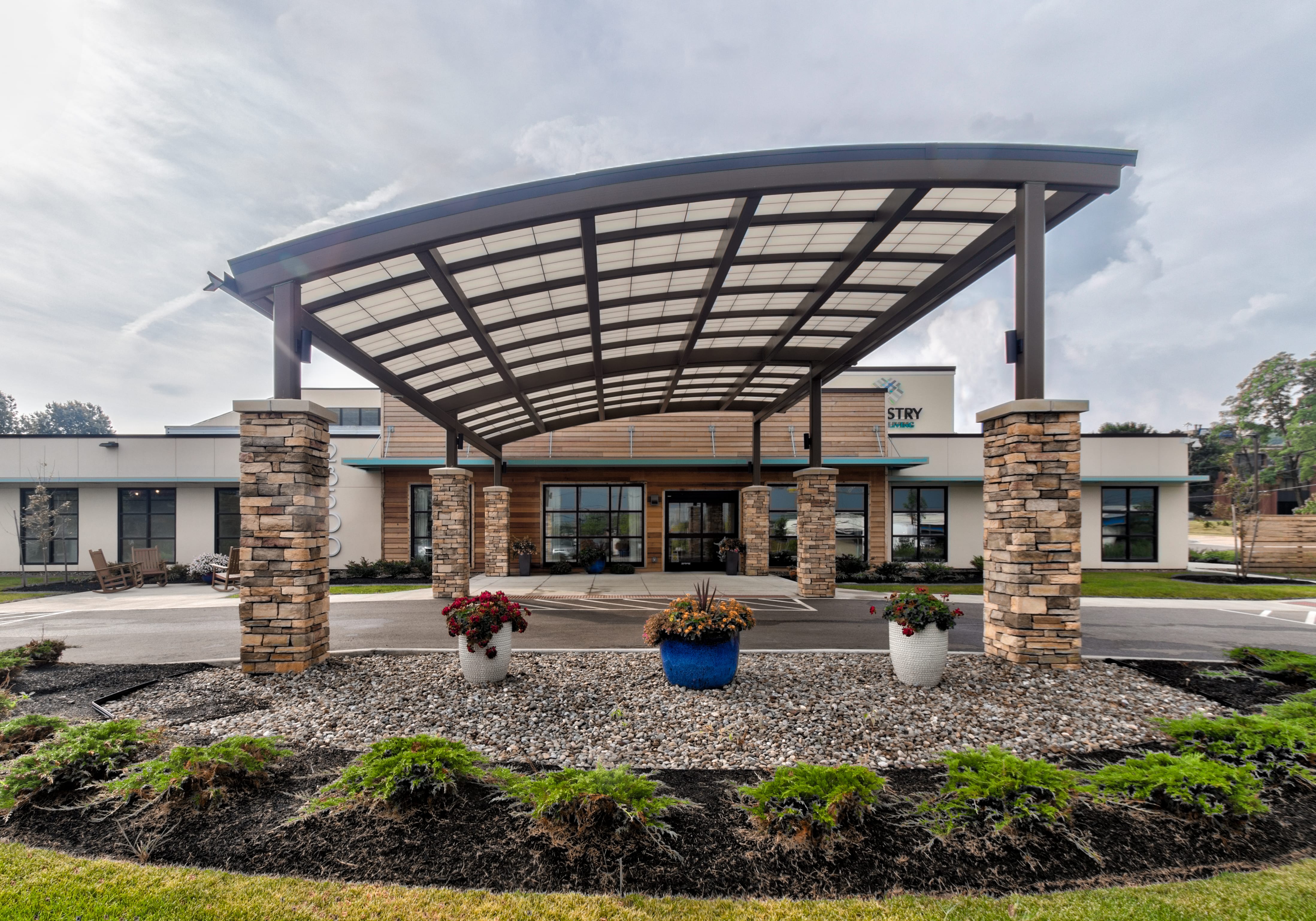
Thank you for inquiring about Tapestry Senior Living – Wickliffe. Due to a recent change of ownership, the community is now called Prosper at Wickliffe and managed by Prosper Life Care.
Please go to https://prosperlifecare.com/communities/wickliffe to inquire about this community.
On behalf of Tapestry Senior Housing Management I would like to thank the Wickliffe neighborhood and surrounding Cleveland area for their support and granting us the honor of allowing us to serve your seniors and families for the past 5 years.
Sincerely,
Joe Signore
President
Tapestry Senior Housing Management LLC.
28500 Euclid Ave
Wickliffe, OH 44092
(440) 373-9900
License #2846R
Tapestry Senior Housing has a philosophy of person-centered care that impacts everything we do. Understanding that every resident is an individual who can best direct their care, we are only helpers and guides along your journey.



